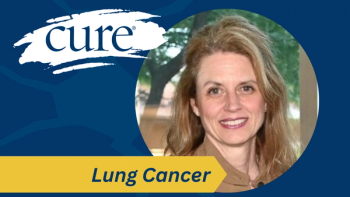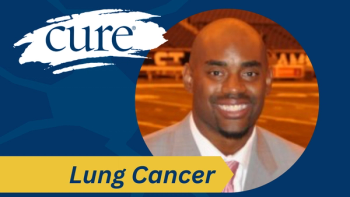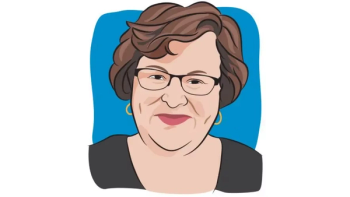
ASCO: Study supports radiation dose reduction in HPV-positive head and neck cancer
For years, researchers have known that tumors in the oropharynx (the middle section of the throat that includes the back portion of the tongue, the soft palate and the tonsils) differ depending on whether the malignancy developed as a result of the human papillomavirus (HPV) or some other factor, such as smoking or alcohol consumption. Chemicals in tobacco and alcohol directly damage DNA, leading to cancerous cells. HPV indirectly alters DNA replication by producing proteins that enable uncontrolled DNA replication. Consequently, HPV-positive tumors tend to be less aggressive and more responsive to treatment with chemotherapy and radiation. Results of a phase 2 study, announced at the 50th annual meeting of the American Society of Clinical Oncology (ASCO), indicated that patients with HPV-positive tumors could receive lower doses of radiation without adversely affecting their survival. That's good news for a patient population that is generally younger, with decades of life ahead of them to deal with long-term side effects of treatment. Because the structures of the head and neck are so complex, delivering radiation to oropharyngeal tumors carries the risk of developing swallowing difficulties, dry mouth, loss of taste, thyroid problems and neck stiffness. The study's lead author, Anthony Cmelak, cautioned that additional confirmatory studies are needed before lower-dose radiation can be safely prescribed, however. Cmelak, a radiation oncologist at the Vanderbilt-Ingram Cancer Center in Nashville, Tenn., said about 70 percent of newly diagnosed oropharyngeal cancers are HPV-positive. The study, which involved 90 participants, represented an important "first step" toward learning whether less radiation could be safely prescribed, according to Stephen Liu, a head and neck cancer specialist and assistant professor at the University of Southern California CURE




